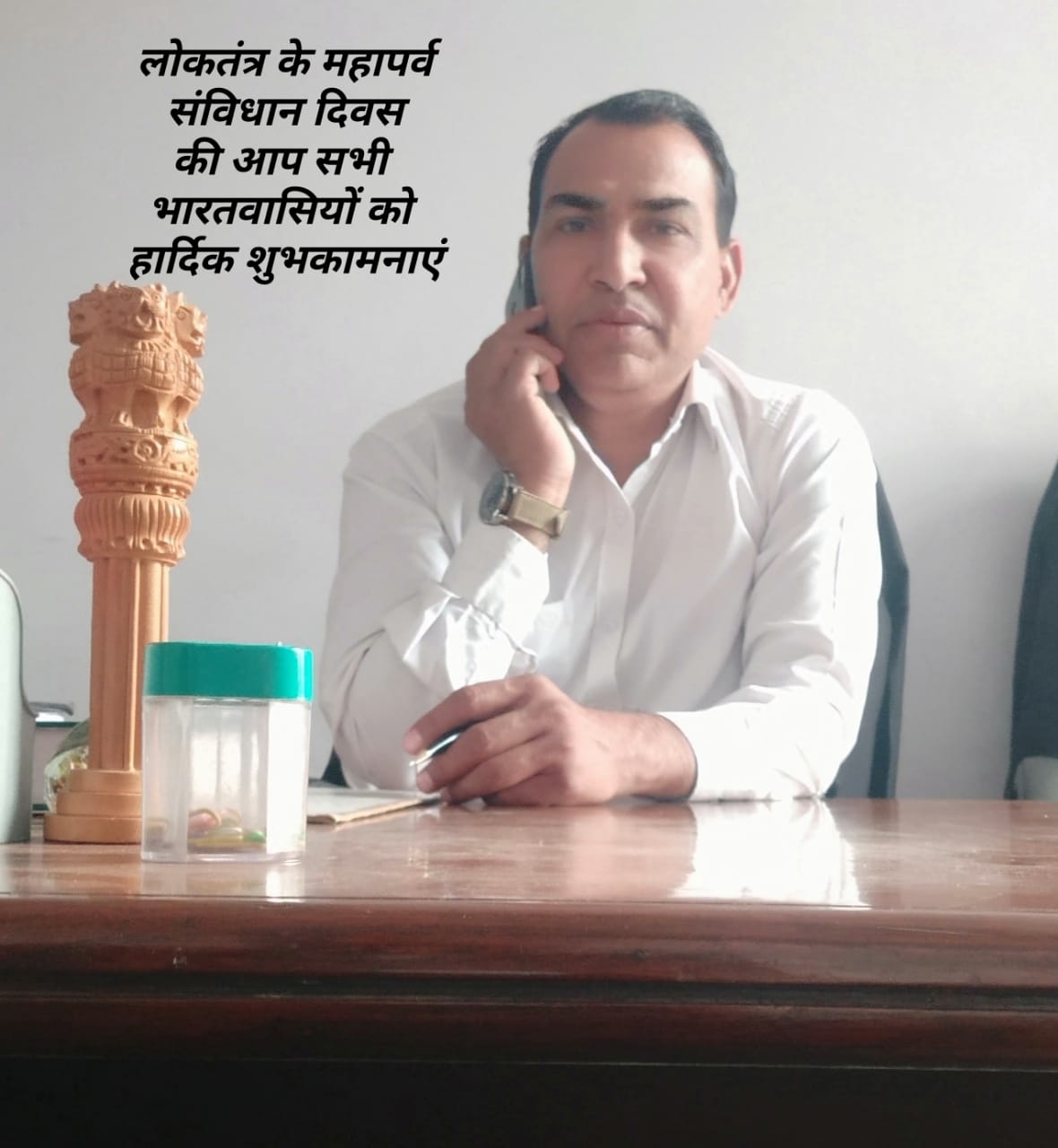Answer By law4u team
A succession certificate is a document issued by a civil court that legally establishes who the rightful successor is to a deceased person’s movable property when the person dies without leaving a will (intestate). Purpose • Authorises the legal heir(s) to collect debts and securities of the deceased — such as bank deposits, fixed deposits, shares, insurance proceeds, provident fund, or other movable assets. • Protects the institution (bank, company, etc.) from future claims, since payment made to the holder of the certificate is considered valid discharge of liability. When it is used • When a person dies intestate and heirs need to transfer or withdraw money from accounts, encash investments, or claim financial benefits. • For movable property — immovable property matters usually require other legal processes like legal heirship certificate or court declaration. • In cases where there is no dispute among heirs — if there is a dispute, the court may still grant it but after hearing objections. Key points • Granted under the Indian Succession Act, 1925. • Can be applied for by any legal heir in the district court where the deceased resided or where the property is located. • May be issued jointly to multiple heirs.









